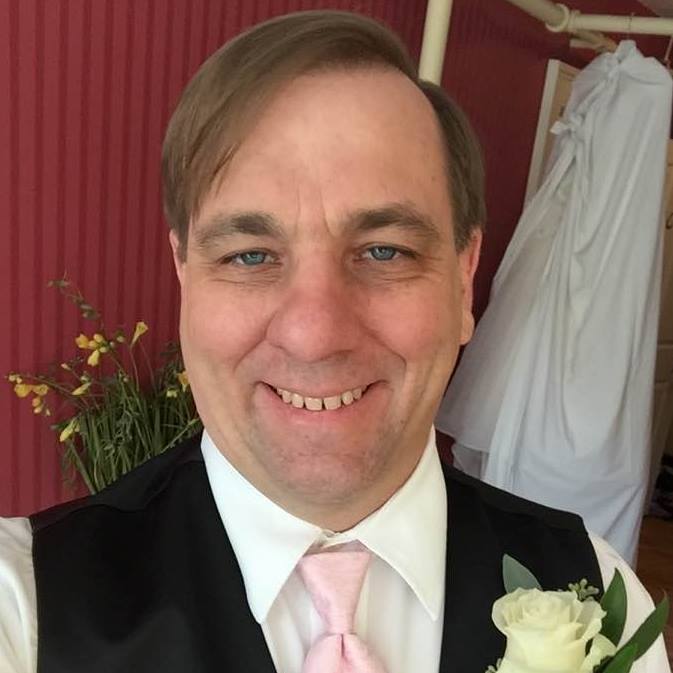Jeremy Bearimy: How Time Works in the Afterlife - The Good Place (Episode Highlight) On Earth, time is linear. But beyond our mortal realm, it's more of a Jeremy Bearimy. ? Subscribe for More: bit.ly/NBCTheGoodPlace ? Stream Anytime: ...
(Image by YouTube, Channel: The Good Place) Details DMCA
I love the fantasy comedy "The Good Place." I disagree with some implications of its fantasy world, but I nonetheless enjoy exercising the suspension of disbelief while appreciating the show's combination of comedy and philosophy. This blog post focuses on the theology revealed in the final two episodes, Season 4, Episodes 12-13. Spoiler Alert: I wrote this for fans who already watched the finale.
"The Good Place" exhibits many comedic twists and turns. I note four striking plot twists:
Second, Michael repents and befriends the foursome while conniving with his supernaturally resourceful assistant Janet to help the foursome enter the real Good Place.
Third, the Bad Place arch architect Shawn agrees to work with Michael to overhaul the afterlife judgments.
Fourth, the four humans, Michael, and Janet finally arrive at the real Good Place and soon discover that all other humans in the Good Place struggle with lethargy.
This post focuses on the fourth plot twist which occured in the second to last episode, "Patty." The six friends finally arrive in the Good Place and everybody there receives anything that they request from a Good Place Janet or passage through a portal. That is, all inhabitants experience a magical paradise. Also, Chidi meets Patty, the famous polymath philosopher Hypatia of Alexandria who died in 415. Soon, Patty requests help for the inhabitants of the Good Place because everybody is "screwed." Then, Patty forgot what she requested.
It turns out that everybody in the Good Place becomes numb to the reception of everything that they request while their brains become dull. For example, Patty, once a world-renowned mathematician, can barely refer to numbers such as the number "5" on her shirt. Also, Eleanor observes that every long-term resident of the Good Place acts like a "happiness zombie."
In a related twist, Michael becomes the Good Place arch architect. Then, he designs an optional peaceful last door from the Good Place based on the belief stated by Eleanor that mortality gives meaning to life. Everybody in the Good Place can experience all their fantasies as many times as they like forever or until they feel ready to end their journey by peacefully passing through the last door. The announcement of the last door revitalizes the Good Place residents.
Early in the final episode, "Whenever You're Ready," Jason fulfilled all his fantasies and felt ready to pass through the last door. He perceived that he would peacefully dissolve back into the universe.
Later, Chidi felt ready to pass through the last door and Eleanor asked him to console her by quoting something from Western philosophers such as John Locke or Immanual Kant. However, Chidi said that they focused on rules and regulations while you need to turn to the East for spiritual stuff. Then, Chidi poignantly described a Buddhist concept of human life and death while analogizing a human to a wave in the ocean. My paraphrase follows. The wave exhibits visible and measurable material properties, such as volume and ability to refract light. We can see the wave and know what it is. Then, the wave crashes on the shore and ceases to exist, but the water still exists. The wave was merely a different way for the water to exist for a temporary period of time. The wave returns to the ocean from where it originated and from where it belongs.
The above indicates that "The Good Place" described some Buddhist traditions. Let me explain some more background about Buddhism. All devout Buddhists strive to achieve Nirvana. Nirvana is typically associated with bliss and the liberation of suffering from the cycles of death and rebirth with a different set of genes, also known as reincarnation. The liberation includes the end of desire and identity. Buddhism also rejects the existence of a supreme deity and a foremost origin of the material universe. However, "The Good Place" world never included reincarnation. The architects and Janets developed a system of do-overs, but that drastically differs from any concept of reincarnation in Eastern religions. Likewise, by no means does the "The Good Place" completely represent a Buddhist worldview.
Also, the fantasy paradise of the Good Place resembles various Hindu traditions about Svarga Loka or Swarga Loka, a temporary heaven. For example, some say that Svarga Loka means "Good Kingdom." And some say that inhabitants of Svarga Loka receive everything that they wish.
Perhaps, the Good Place refers to Svarga Loka that means Good Kingdom and grants every wish for every inhabitant. However, inhabitants of Svarga Loka go back to their cycles of rebirth and death until it ends. Also, all devout Hindus strive to end their suffering cycles of rebirth and death while achieving a state of Moksha, sometimes called Nirvana. Some traditions of Moksha include unification with the Supreme Being while other traditions reject the existence of supreme deity, comparable to Buddhism.
As stated in my first paragraph, I greatly enjoy "The Good Place" while exercising the suspension of disbelief. Now, I will describe some of my disbelief in "The Good Place" fantasy world. My worldview begins with the belief that God is love and distinct from creation while God always loves every human come hell or high water, literally. I also believe that human identity never ceases to exist. Alternatively, "The Good Place" world reveals no emphasis for loving relationships between God and humans while describing that the ultimate human goal is to achieve a dissolved state that ends our identity and loving relationships.
(Note: You can view every article as one long page if you sign up as an Advocate Member, or higher).





